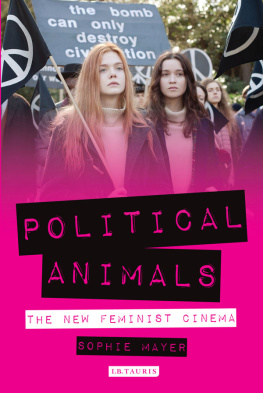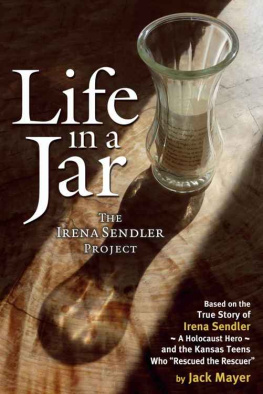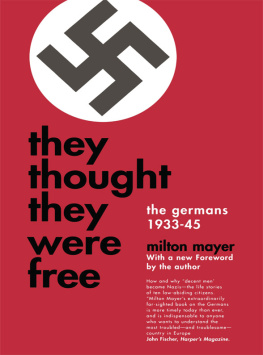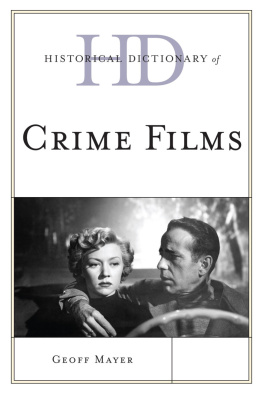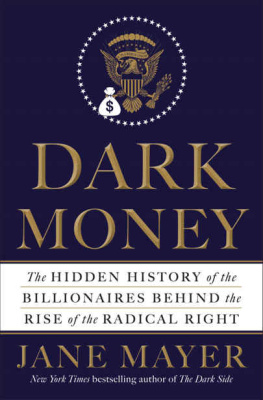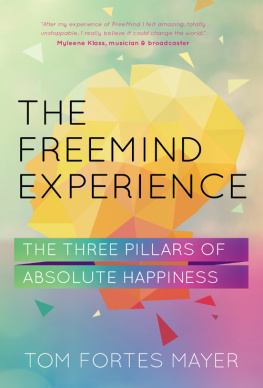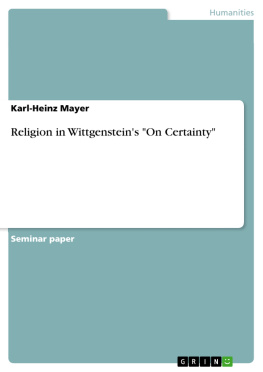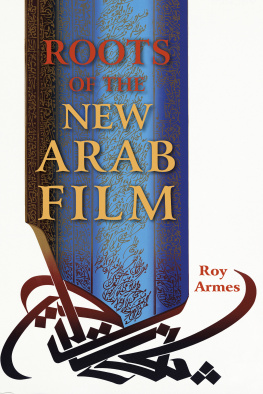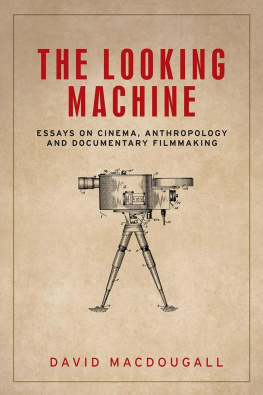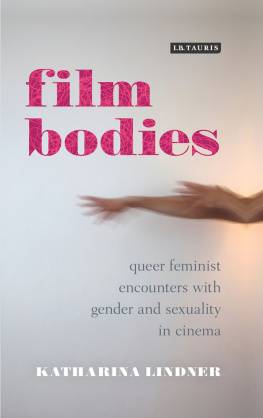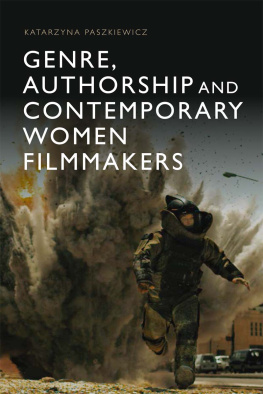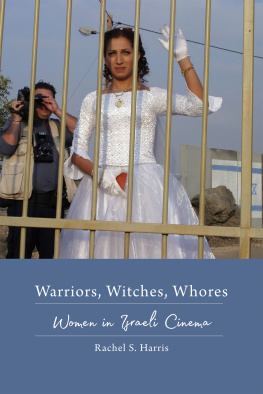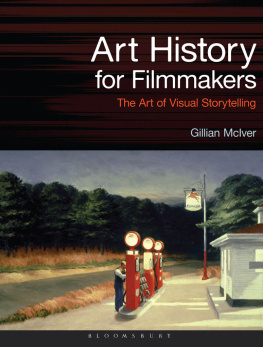Sophie Mayer is a writer, editor, activist and educator. She is a film journalist for Sight & Sound and The F-Word, an affiliate lecturer in Screen Media and Cultures at the University of Cambridge, and was the first Poet in Residence at the Archive of the Now, Queen Mary University of London. Her previous books include The Cinema of Sally Potter: A Politics of Love (2009), There She Goes: Feminist Filmmaking and Beyond (co-edited with Corinn Columpar, 2010), Lo personal es politico: Feminismo y documental (co-edited with Elena Oroz, Punto de Vista, 2011) and Catechism: Poems for Pussy Riot (co-edited with Markie Burnhope and Sarah Crewe, 2012). She runs feminist cinema blog Political Animals (fuckyeahfeministcinema.tumblr.com), and is a member of feminist film collectives Club des Femmes and Raising Films.
It is surely to become a canonical text when it comes to writing about film, writing about women, writing about society and culture, and is a must-read for anyone who loves film and loves women. I was incredibly impressed by several things, which have combined perfectly in this book: Sophies depth of research and exhaustive knowledge of the art, craft, magic and business of cinema, and not just Western or studio film but international and independent work; her core grounding in feminism and muscular, gritty and unwavering gender-critical eye; and above all her passion for what film means and what it can achieve. She wants women to be the best we can be, film to be the best it can be, the society to finally change so that womens emancipation, in film, on film and in life, finally happens and shell be watching.
Of course, I recognise that while this isnt a dry academic exercise, Political Animals does presuppose a certain about of love of and knowledge of both film and feminism, it is rigorously referenced throughout. So I would expect that every single film studies, cultural studies, media studies and gender studies MA course, in every institution, should get one and make it essential reading on every syllabus.
Bidisha, broadcaster and journalist
Sophie Mayer is our foremost critic of contemporary feminist filmmaking and her exciting new book bristles with information, insight and discovery. Political Animals blasts through scarcity claims about womens participation in film by looking askance at the commercial industry. Her book is as bold and creative as the work she writes about.
Patricia White, Professor of Film and Media Studies and English Literature, Swarthmore College, Pennsylvania
Political Animals
The New Feminist Cinema
SOPHIE MAYER

Published in 2016 by
I.B.Tauris & Co. Ltd
London New York
www.ibtauris.com
Copyright 2016 Sophie Mayer
The right of Sophie Mayer to be identified as the author of this work has been asserted by her in accordance with the Copyright, Designs and Patents Act 1988.
All rights reserved. Except for brief quotations in a review, this book, or any part thereof, may not be reproduced, stored in or introduced into a retrieval system, or transmitted, in any form or by any means, electronic, mechanical, photocopying, recording or otherwise, without the prior written permission of the publisher.
Every attempt has been made to gain permission for the use of the images in this book. Any omissions will be rectified in future editions.
References to websites were correct at the time of writing.
International Library of the moving Image 33
ISBN: 978 1 78453 371 7 HB
978 1 78453 372 4 PB
eISBN: 978 0 85772 994 1
epdf: 978 0 85772 797 8
A full CIP record for this book is available from the British Library
A full CIP record is available from the Library of Congress
Library of Congress Catalog Card Number: available
For all the feminist viewers, filmmakers, curators, critics and theorists whove kept me company, in person, online or through their words and images: thank you.
What I want to say is, there are all of us.
Joanna Russ, On Strike against God.
Having had nothing, I will not settle for crumbs.
Roxanne Dunbar-Ortiz, Female Liberation, quoted in Mary Dore, Shes Beautiful When Shes Angry (2014).
List of Figures
Acknowledgements
First and foremost, huge thanks to my editor Anna Coatman. Political Animals was her idea, and she has been an incredible ally, sounding board and reader through the process. Thanks also to Lisa Goodrum and the whole team at I.B.Tauris for producing a book rich in visual pleasure!
Asta Bradshaw and Rebekah Polding were crucial kickstarters, while Vicky Ainley, Sarah Crewe, Daniel Justice, Shelagh Rowan-Legg, S. F. Said and Preti Taneja were generous and attentive first readers; all of them offered incredible support throughout. Frances Morgan has been a tireless copy editor (no hyphen!), a reflective reader and brilliant company during the final stages.
The book has its roots in a decade of writing about feminist films and filmmakers for, in historical (and then alphabetical) order: at Plan B, S. F. Said, Nick Bradshaw and Frances Morgan; at Vertigo and Artesian, Gareth Evans; at Sight & Sound, James Bell, Nick Bradshaw, Kieron Corless, Nick James and Isabel Stevens; at Second Run DVD, Mehelli Modi; at clo, Kiva Reardon, Julia Cooper and Mallory Andrews; and at The F-Word, Ania Ostrowska, who has been a passionate cheerleader with a critical ear.
Several of the ideas in this book were initially elicited, and subsequently developed, by academic editors Pam Hirsch (Cinema of the Swimming Pool), Alisa Lebow (Cinema of Me), and Anat Pick (Screening Nature). Im particularly thankful that Anna Backman Rogers and Laura Mulvey invited me to tea to check we werent writing the same book, and subsequently to contribute to the excellent Feminisms; its been very special to have the two projects coming to fruition concurrently.
Rhidian Davis and David Edgar (BFI), Stuart Comer (Tate Modern), Gareth Evans (Whitechapel Gallery), Lucy Orr (Hackney Picturehouse), Adam Roberts ( nos amours), Chlo Roddick (Ambulante Michoacn), and Garth Twa (Trash Cannes) all extended invitations to developing these ideas through presentations and panels, as did academics Elinor Cleghorn (Ruskin School of Art), Kit Fryatt (Mater Dei), Holly Pester (Birkbeck), Anat Pick (Queen Mary University London), Sarah Turner (University of Kent), Emma Wilson (University of Cambridge), and the organisers of Screen 2014, who all improved my ideas through dialogue and cake.
Film Production at the London College of Communication and Film Studies at Queen Mary University London were warm homes while I was writing. Thanks especially at QM to my mentors Lucy Bolton and Guy Westwell for their collegial kindness, and to my co-convenors Jenny Chamarette, Janet Harbord and Alasdair King for their support and tolerance. Thanks also to my alternate, global feminist film & media studies staff room on Facebook and Twitter: as well as many people already mentioned, gratitude goes out to Charlotte Richardson Andrews, Miriam Bale, Louis Bayman, Jane Bradley, Markie Burnhope, Ashley Clark, Corinn Columpar, Jemma Desai, Ariel Dougherty, Beti Ellerson, Marian Evans, Catherine Grant, Laura Hall, Simran Hans, Kate Hardie, Natalie Harrower, May Lui, Domino Renee Perez, Rebecca Porteous, Karin Ramsay, Elizabeth Treadwell, Tom de Ville, Thirza Wakefield and Patricia White.
The internet has also offered an unprecedented ability to connect with filmmakers, who have been incredibly generous with their time, thoughts and material. Especial thanks to Sandra Alland, Sini Anderson, Amma Asante, Maja Borg, Michelle Citron, Cheryl Dunye, Mia Engberg, Beth Freeman, Tina Gharavi, Barbara Hammer, Alexandra Hidalgo, Hope Dickson Leach, Alisa Lebow, Kim Longinotto, Leena Manimekalai, Carol Morley, Pratibha Parmar, Debs Paterson, Sally Potter, Elle-Mij Tailfeathers, Erica Tremblay, Penny Woolcock, Jacqueline Wright, Campbell X and Andrea Luka Zimmerman.
Next page
